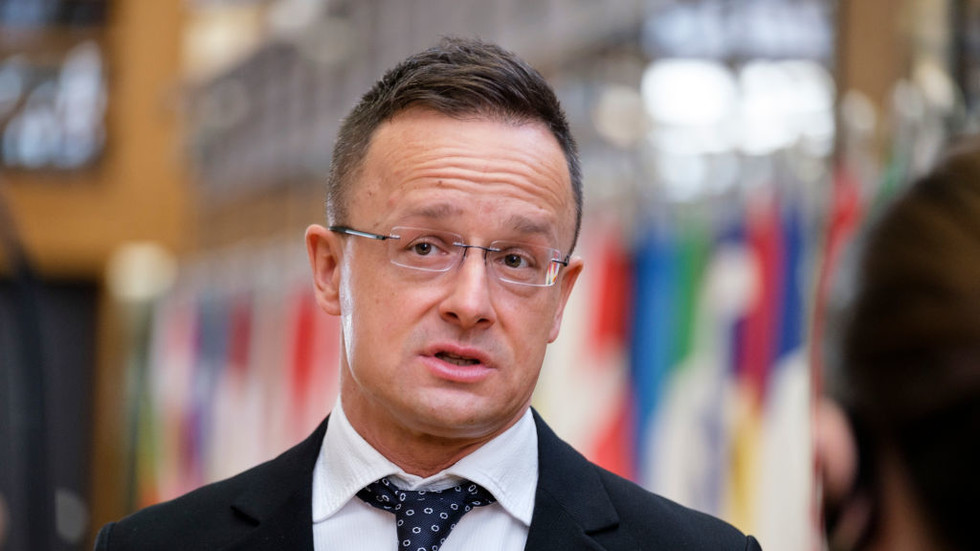The ongoing tensions between Hungary and the United States have intensified, as Hungarian Foreign Minister Peter Szijjarto accused the US of having spent “millions of dollars” in a concerted effort to influence the outcome of Hungary’s political landscape. Szijjarto claims that the US aimed to unseat the ruling Fidesz-Christian Democratic People’s Party (Fidesz-KDNP) alliance, which is led by Prime Minister Viktor Orban, during the 2022 elections. The foreign minister’s allegations suggest that the US was directly involved in funding opposition parties as part of its strategy to challenge the incumbent government, marking a significant acknowledgment of foreign interference in national elections.
In Szijjarto’s interview with RIA Novosti, he delivered a stark warning about what he referred to as “very serious attempts” by the US to meddle in Hungary’s electoral process. He emphasized the scale of this interference, indicating substantial financial resources had been dedicated to supporting opposition factions. Despite these alleged investments in opposition parties and media, the Fidesz-KDNP alliance maintained a dominant position by securing 135 out of 199 seats in Hungary’s National Assembly. This outcome allowed Orban to win a fifth consecutive term, demonstrating the resilience of his party despite foreign attempts to influence Hungarian politics.
Reports of external funding began circulating in late 2022, drawing on intelligence assessments from Hungarian secret services, which implicated foreign entities in funneling approximately $8 million to the opposition. A key figure in the opposition, Peter Marki-Zay, later acknowledged receiving funds from the US-based NGO ‘Action for Democracy.’ While these revelations have stirred controversy and claims of foreign interference, the US government has firmly denied any allegations of involvement in Hungary’s electoral process or attempts to sway political outcomes.
Adding to the complexity of US-Hungary relations are the geopolitical tensions stemming from the ongoing conflict in Ukraine. The US has positioned itself as a staunch supporter of Ukraine, providing significant financial and military aid, whereas Hungary’s approach has favored a diplomatic resolution. Furthermore, Hungary has resisted aligning too closely with Western sanctions targeting Russia, opting instead to maintain diplomatic and economic ties. This divergence in approaches has further soured bilateral relations between Hungary and the US, reflecting a broader dissent between the two nations.
The situation underscores a growing awareness of the delicate balance of foreign influence in domestic politics, as Szijjarto also engaged in a broader critique of the notion that foreign powers can dictate the political landscape of sovereign nations. He expressed hope that future endeavors to affect Hungarian policy or elections would be met with failure, suggesting a desire for political autonomy and resistance to external pressure. This sentiment is not unique to Hungary, as various countries grapple with the challenge of preventing foreign intervention in their political processes.
The deteriorating relationship between Hungary and the United States exemplifies wider global tensions over the influence of major powers in smaller nations’ political affairs. As accusations of election meddling and reports of illicit funding continue to emerge, the discourse surrounding national sovereignty and the integrity of electoral processes takes center stage. Moving forward, it will be crucial for both Hungary and the United States to navigate their differences carefully to avoid further escalation and to restore diplomatic relations to a more stable footing.

